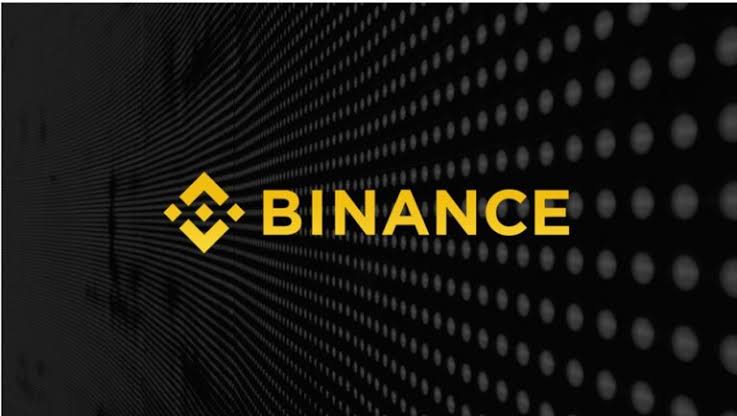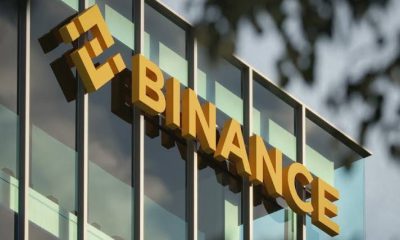Business
EU Regulations Force Binance To Delist Nine Stablecoins
By Benjamin Abioye

In response to new European Union regulations, Binance has announced it will remove stablecoins that do not meet the Markets in Crypto-Assets (MiCA) requirements. Starting April 1, 2025, users in the European Economic Area (EEA) will no longer have access to nine stablecoins, including the widely used Tether (USDT). This decision follows recent directives from EU regulators aimed at strengthening compliance in the cryptocurrency sector.
List of Affected Stablecoins
Binance will delist a total of nine stablecoins for EEA users, including:
– Tether (USDT)
– First Digital USD (FDUSD)
– Pax Dollar (USDP)
– Dai (DAI)
– Anchored Euro (AEUR)
– TerraUSD (UST)
– TerraClassicUSD (USTC)
– TrueUSD (TUSD)
– Paxos Gold (PAXG)
The exchange has urged users to convert their holdings to compliant alternatives like USDC, EURI, or EUR before April. While trading will remain open for now, Binance will delist all associated trading pairs across European nations from April 1 onward.
Stablecoins are cryptocurrencies designed to maintain a fixed value, usually pegged to fiat currencies or commodities like gold. They offer stability, real-time transactions, and a transparent record on the blockchain. However, with new regulations in place, exchanges like Binance must review their offerings to ensure compliance with EU laws.
The European Securities and Markets Authority (ESMA) has been actively enforcing MiCA compliance. In January 2025, it instructed crypto exchanges to review their listed assets and ensure they meet regulatory standards. Following this directive, Binance identified and prepared to remove non-compliant tokens.
Additionally, the European Banking Authority (EBA) has required all crypto service providers to phase out non-compliant asset-referenced tokens (ARTs) and electronic money tokens (EMTs) by March 2025.
The ESMA also directed Crypto Asset Service Providers (CASPs) to inform investors about the impact of MiCA on unauthorized tokens. National Competent Authorities (NCAs) have been tasked with guiding CASPs to help them adjust to these new regulations, ensuring a smooth transition for the EU crypto market.
The MiCA regulations, which took full effect on December 30, 2024, aim to make cryptocurrency trading safer and more transparent across the EU’s 27 member states. First finalized in 2022, these regulations set clear rules for licensing, compliance, and ethical business practices for Web3 companies.
Several major crypto platforms, including Kraken, BitPanda, OKX, Crypto.com, and Standard Chartered, have already secured official approvals to operate under MiCA rules.
As the cryptocurrency industry continues to evolve, adherence to regulations like MiCA is becoming essential for exchanges and service providers. Binance’s recent decision highlights a wider industry trend where companies are adapting to regulatory frameworks to build trust and ensure stability in the market.
Send Us A Press Statement Advertise With Us Contact Us
And For More Nigerian News Visit GWG.NG













